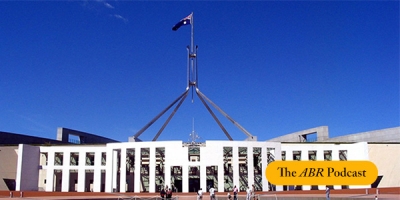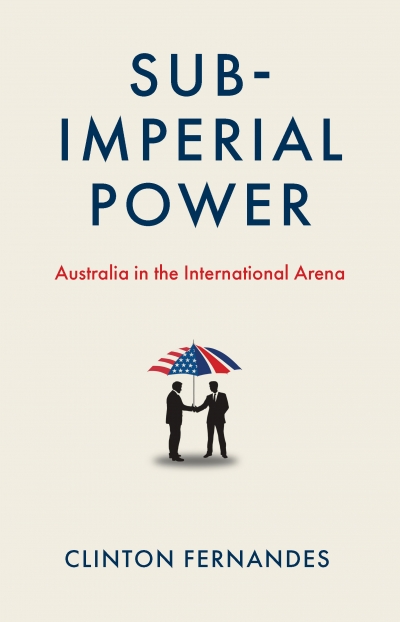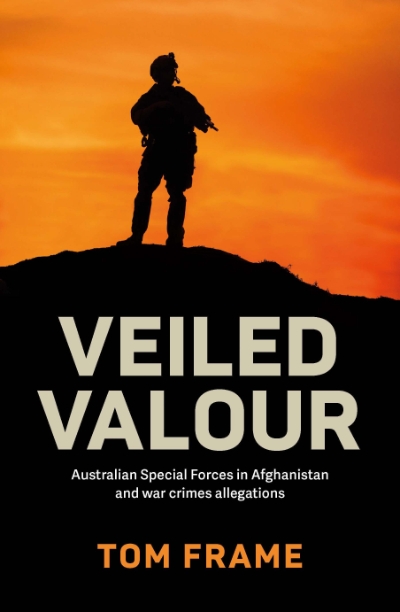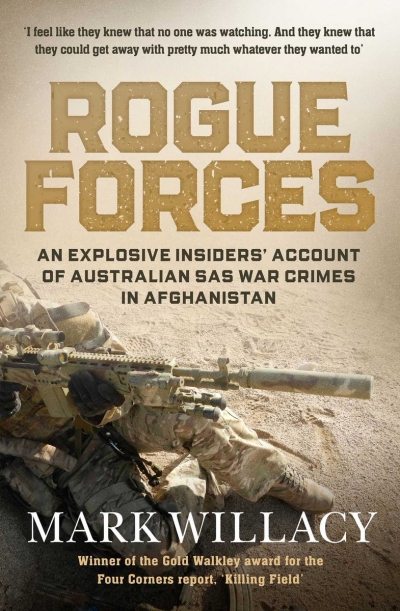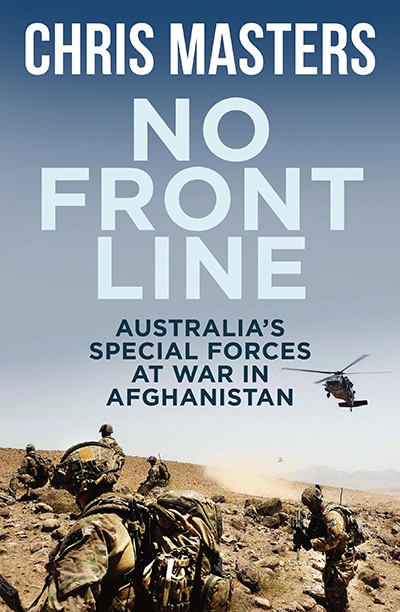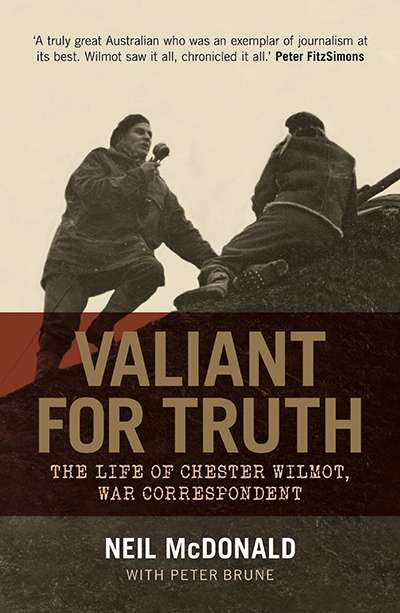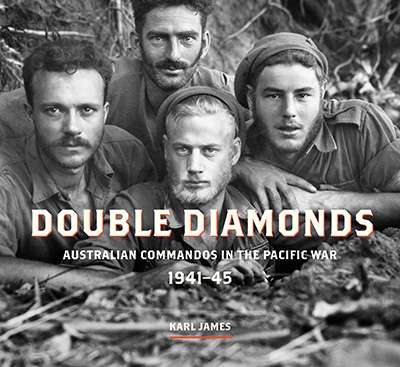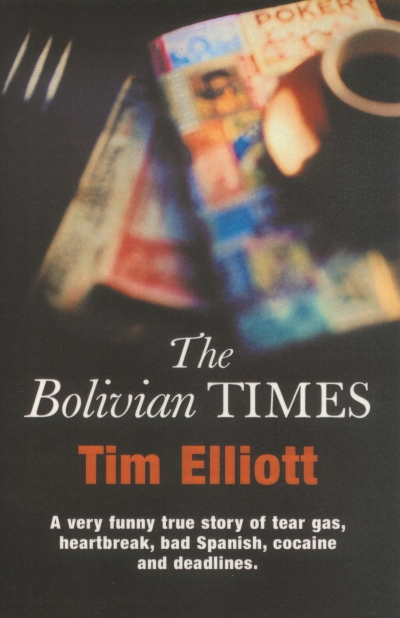Kevin Foster
Unlike in the United States and several other Western nations, Australian governments are under no compulsion to consult parliament before sending troops to war. In Subimperial Power: Australian in the international arena, Clinton Fernandes argues that this reflects, and furthers, Australia’s longstanding ambition in foreign affairs, which is to demonstrate its usefulness to the United States. In this week’s ABR Podcast, Kevin Foster, an academic at Monash University who has published widely on war in the Australian media, reviews Subimperial Power.
... (read more)Subimperial Power: Australia in the international arena by Clinton Fernandes
by Kevin Foster •
Veiled Valour: Australian Special Forces in Afghanistan and war crimes allegations by Tom Frame
by Kevin Foster •
Rogue Forces: An explosive insiders’ account of Australian SAS war crimes in Afghanistan by Mark Willacy
by Kevin Foster •
No Front Line: Australia’s special forces at war in Afghanistan by Chris Masters
by Kevin Foster •
Valiant For Truth: The life of Chester Wilmot, war correspondent by Neil McDonald with Peter Brune
by Kevin Foster •
Double Diamonds: Australian commandos in the Pacific War 1941-45 by Karl James
by Kevin Foster •
Phillip Schuler: The remarkable life of one of Australia’s greatest war correspondents by Mark Baker
by Kevin Foster •

